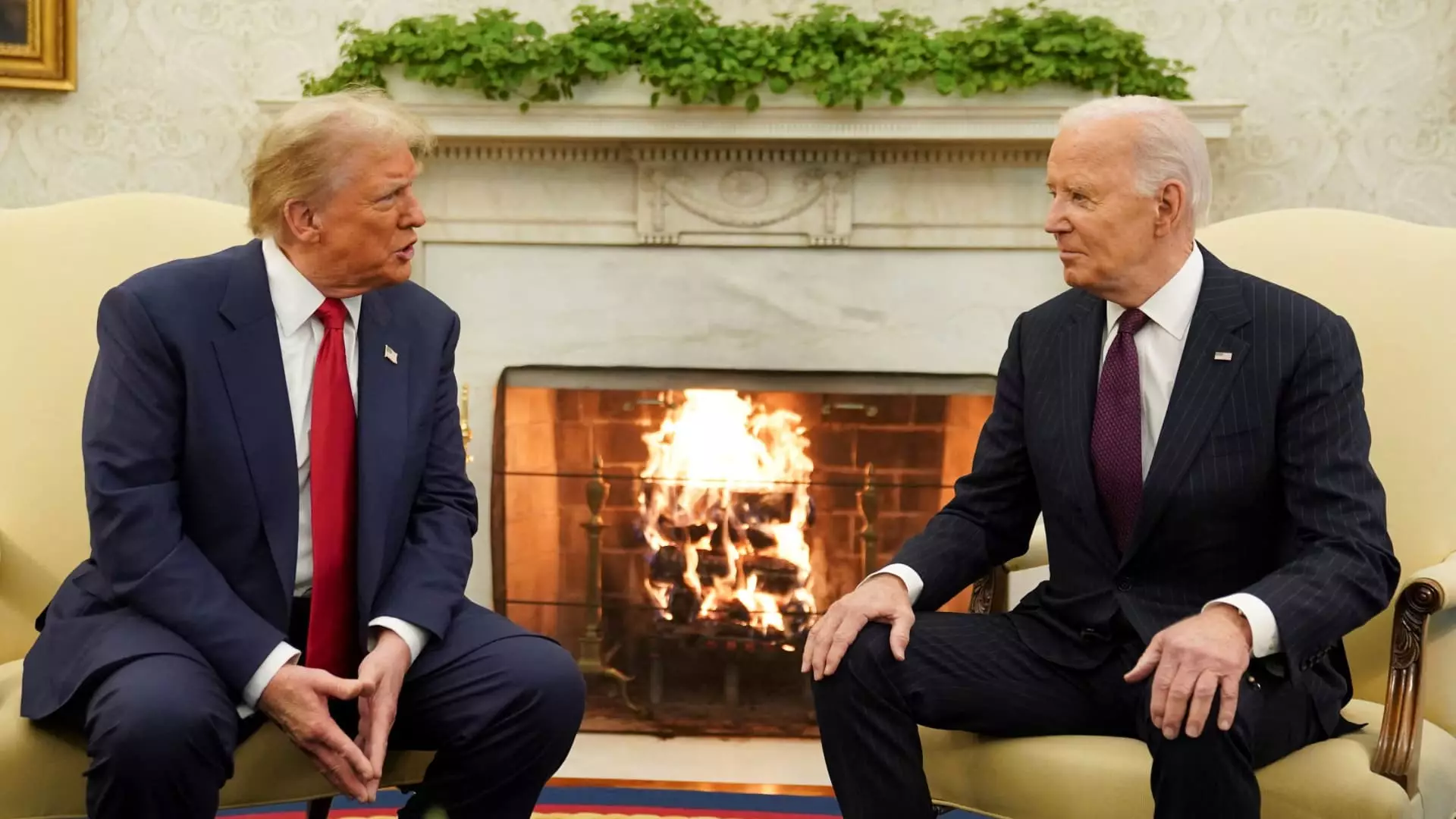In a decisive move, the Trump administration has announced its intention to uphold the stringent antitrust guidelines initially adopted by the Biden administration in 2023. This decision marks a significant chapter in U.S. corporate policy, particularly affecting how mergers and acquisitions will be scrutinized moving forward. The Federal Trade Commission (FTC), led by Chairman Andrew Ferguson, and the Department of Justice’s (DOJ) antitrust division head, Omeed Assefi, communicated this pivotal decision, signaling a departure from the anticipated easing of constraints that many corporations had hoped for.
This decision represents a strategic win for a faction within the Trump administration that leans toward populism and identifies itself as anti-corporate. Vice President JD Vance, a key figure in this wing, often collaborated with Lina Khan, the FTC chair under Biden, to prioritize robust antitrust enforcement. This surprising alliance suggests a shift in the political landscape where traditionally pro-business stances are challenged by a new wave of skepticism towards corporate consolidation. During a time when Wall Street was expecting a period of relaxed regulations fostering greater corporate mergers, the continuation of these rigorous guidelines stands as a clear message that a more cautious approach is being adopted.
The 2023 guidelines enumerate a rigorous framework detailing over a dozen criteria utilized by the FTC and DOJ to evaluate potential mergers. These criteria include provisions to ensure that mergers do not lead to increased concentration in already saturated markets or eliminate key competitive dynamics among firms. Notably, they address vertical mergers, emphasizing the need to avoid arrangements that could suppress competition further. Ferguson’s assertion that these guidelines build upon decades of legal precedent underscores his administration’s commitment to a more stable regulatory environment, one that favors careful deliberation over rapid alterations that could confuse stakeholders.
As Ferguson elaborates, stability is central to the integrity of enforcement agencies. Frequent alterations to guidelines can lead to confusion and inefficiencies, diverting limited resources from effective regulatory enforcement. The agency’s credibility may suffer in a landscape where corporate behavior adapts to shifting legal frameworks, rendering effective oversight nearly impossible. Ferguson’s cautionary stance against drastic changes with each new administration reflects a pragmatic approach to governance that values consistency and forethought.
Within a broader economic framework, continuing these stringent merger guidelines could have substantial implications for competition in the marketplace. With corporations unable to leverage mergers as effectively in pursuit of growth or synergies, the focus could shift towards organic growth and innovation. However, without the ability to consolidate resources through mergers, companies may struggle to remain competitive on a global scale, leading to possible stagnation in certain sectors. The antitrust regulations enacted represent not merely regulatory measures, but pivotal policy decisions that could redefine corporate strategies and economic trajectories in the coming years.
The Trump administration’s commitment to maintaining these guidelines signals a critical period for businesses across the nation. As they adapt to an environment marked by heightened scrutiny and focus on competition, stakeholders will need to reassess their strategies in light of the regulatory landscape’s continuity and its implications for future growth.


Leave a Reply